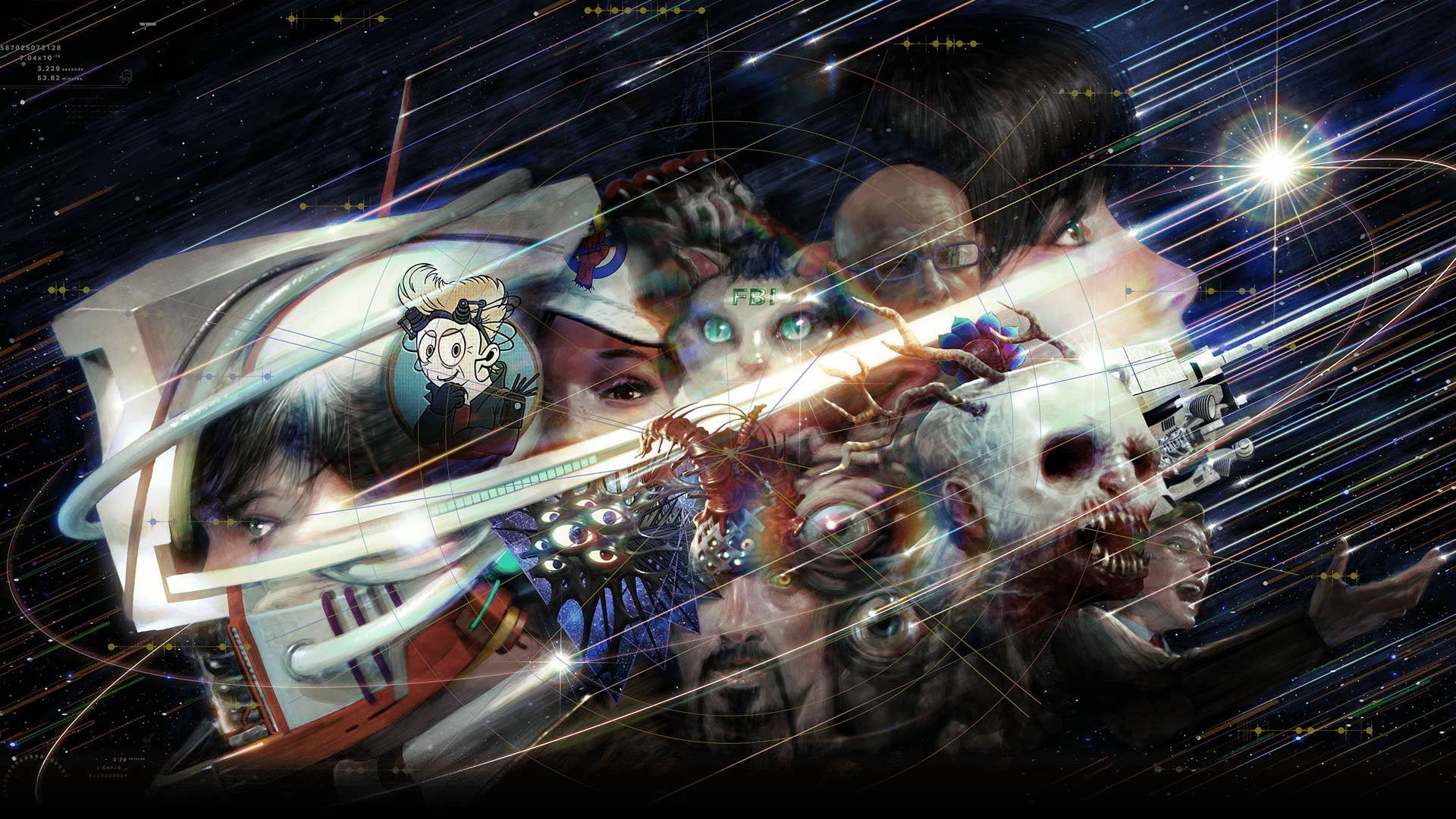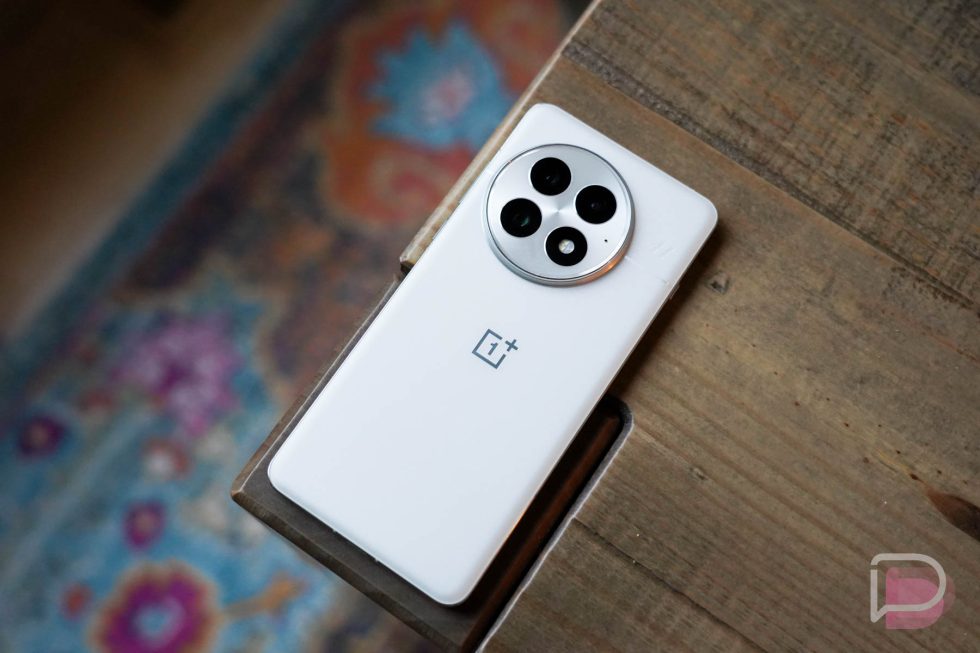Artificial Intelligence Developer: Hire In-House or Outsource?
Discover whether hiring an artificial intelligence developer or outsourcing AI projects works best for your business.
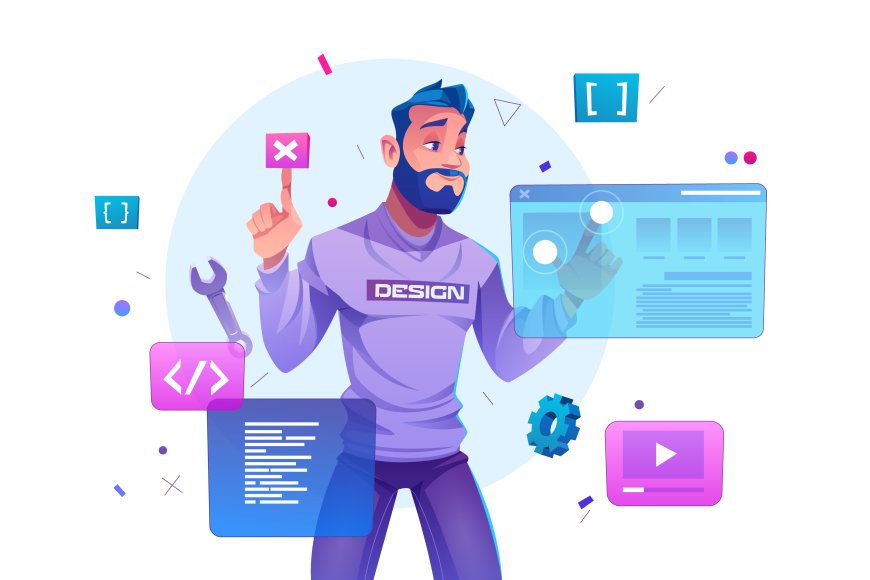
Artificial Intelligence (AI) is transforming how businesses operate, making processes smarter, faster, and more efficient. From customer service chatbots to intelligent automation tools, AI has quickly moved from being a futuristic concept to an everyday business need.
But for companies looking to integrate AI, a key decision arises: should you hire an artificial intelligence developer or outsource your AI project to a third-party agency or freelancer? This decision impacts budget, timelines, data security, and the quality of AI implementation.
This article breaks down both options, compares their benefits and drawbacks, and provides clear guidance to help you make the right choice for your business.
What Does an Artificial Intelligence Developer Actually Do?
An artificial intelligence developer builds systems that enable machines to mimic human intelligence. This includes designing machine learning algorithms, creating neural networks, processing data, and training models to improve performance over time.
These developers are proficient in programming languages like Python and frameworks such as TensorFlow, PyTorch, and Scikit-learn. Their role is essential in creating smart applications, whether for recommendation systems, predictive analytics, or natural language processing.
Their expertise enables businesses to make sense of complex data and automate decision-making processes, helping drive productivity and customer satisfaction.
Should You Hire or Outsource AI?
If you need long-term support, control over development, and deep integration with your business systems, hiring an artificial intelligence developer is the better option.
If you're looking for fast delivery, budget control, or one-time solutions, outsourcing your AI projects may be more practical.
Pros of Hiring an Artificial Intelligence Developer
Choosing to hire a full-time AI developer offers several benefits, especially for businesses planning to invest in AI over the long run.
Full Project Control
When you have an in-house developer, you can monitor every stage of development. This allows quick feedback, smooth collaboration with internal teams, and greater alignment with business goals.
Deep Business Knowledge
An internal artificial intelligence developer gains insights into your company’s systems, culture, and customer needs. This results in highly customized solutions that address your exact challenges.
Long-Term Value
While hiring may seem expensive upfront, it often delivers strong returns over time. The developer becomes familiar with your data infrastructure and can continue improving and scaling AI solutions.
Key takeaway:
In-house developers provide consistency and can evolve with your company's growth, supporting your AI roadmap over the years.
Cons of Hiring an In-House AI Developer
Despite its advantages, building an in-house AI team isn't always the best fit for every business.
High Salary Costs
AI specialists command premium salaries. In the US, an artificial intelligence developer typically earns between $120,000 and $150,000 annually. When you include taxes, tools, and benefits, the overall cost can be significant.
Long Hiring Process
Finding a developer with the right mix of AI expertise and domain knowledge is not easy. Recruitment may take several weeks or even months, delaying project timelines.
Skill Limitations
An individual developer may be highly skilled in one area, such as natural language processing, but lack experience in others like computer vision or reinforcement learning. Building a diverse AI team may require hiring multiple people.
Pros of Outsourcing AI Projects
For businesses with limited budgets or one-time AI needs, outsourcing can be a practical and efficient alternative.
Access to Expert Talent
Outsourcing gives you access to global experts who have already delivered similar AI projects. These teams come with experience, reusable code libraries, and best practices that can speed up your project.
Faster Turnaround Time
Because agencies and freelancers often specialize in AI development, they can work faster and more efficiently. Many use ready-made tools and pre-trained models to accelerate deployment.
Cost-Effective Model
Instead of committing to full-time salaries, you only pay for what you need. Whether it’s a proof-of-concept or a full solution, outsourcing offers flexibility in terms of budget and scope.
Important insight:
Outsourcing lets you test AI applications without the long-term commitment of hiring permanent staff.
Cons of Outsourcing AI Projects
While outsourcing can save time and money, it also comes with its own set of risks.
Limited Control and Oversight
When you work with an external team, you give up direct control over how things are built. Communication delays, lack of transparency, and time zone differences can impact project outcomes.
Data Security Concerns
Sharing sensitive company or customer data with a third party may raise concerns about confidentiality and compliance. Without strong contracts and data policies in place, the risk of data breaches increases.
Quality Can Vary
The AI market is crowded with freelancers and agencies, and not all of them offer the same level of expertise. Choosing the wrong partner can lead to delays, poor performance, or failed projects.
How to Decide What’s Right for Your Business
To decide between hiring and outsourcing, assess your goals, budget, and the complexity of your project. Here are a few points to consider:
-
If your company plans to integrate AI deeply into products or services, hiring an artificial intelligence developer might be a better long-term investment.
-
If your project is short-term or experimental, outsourcing can provide speed and flexibility at a lower cost.
In either case, it’s crucial to set clear expectations, define deliverables, and ensure proper documentation to protect your investment and achieve quality results.
Real-World Insight: What Businesses Are Doing
According to a Deloitte report, 53% of businesses implementing AI solutions are opting for a mix of in-house development and external partnerships. This hybrid model allows companies to retain strategic control while benefiting from outsourced speed and expertise.
Smaller startups often begin by outsourcing MVPs (minimum viable products) and transition to in-house teams as their AI needs mature. Enterprises, on the other hand, tend to build in-house teams but still outsource highly specialized components when needed.
Final Thoughts
Artificial intelligence can unlock immense value, but only when implemented thoughtfully. Whether you hire an artificial intelligence developer or outsource your project, the key is to align your approach with your business goals, technical needs, and available resources.
There is no one-size-fits-all solution. Each approach has its merits and limitations. What matters most is understanding your needs clearly and choosing the path that offers the best balance of cost, control, and long-term impact.
If you're unsure where to start, consider consulting an AI strategy advisor or scheduling a discovery call with an experienced AI partner to assess your next steps.
























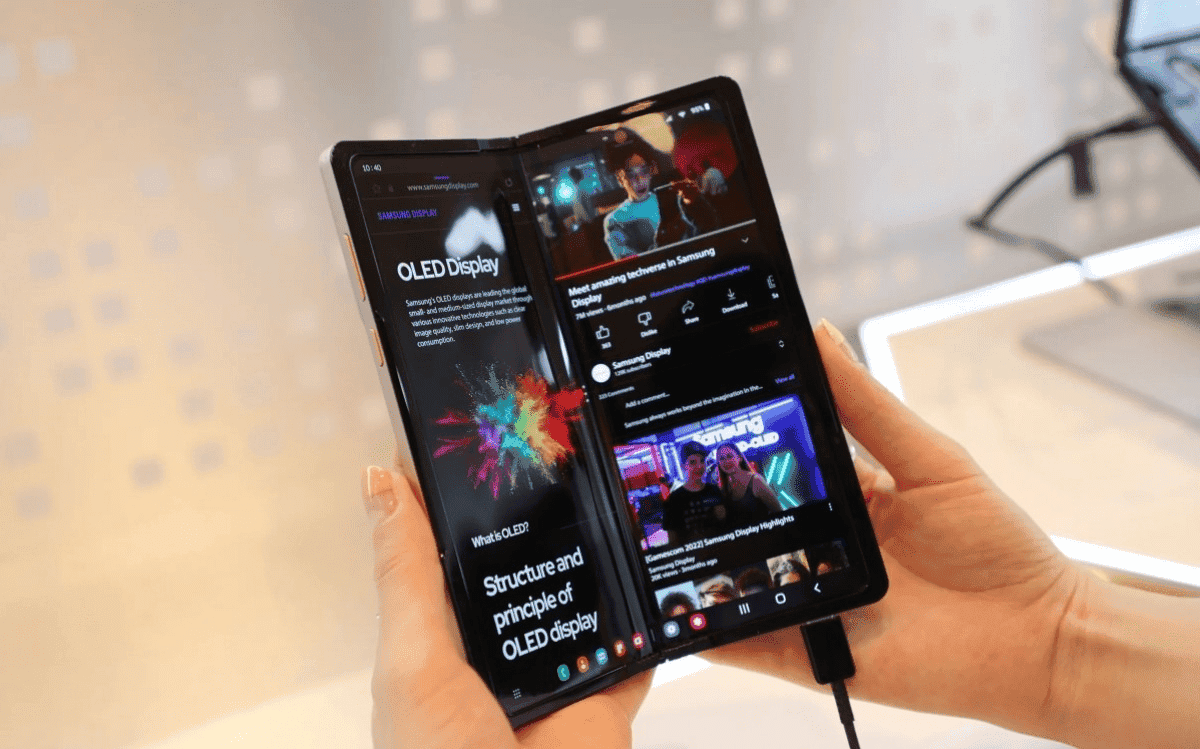





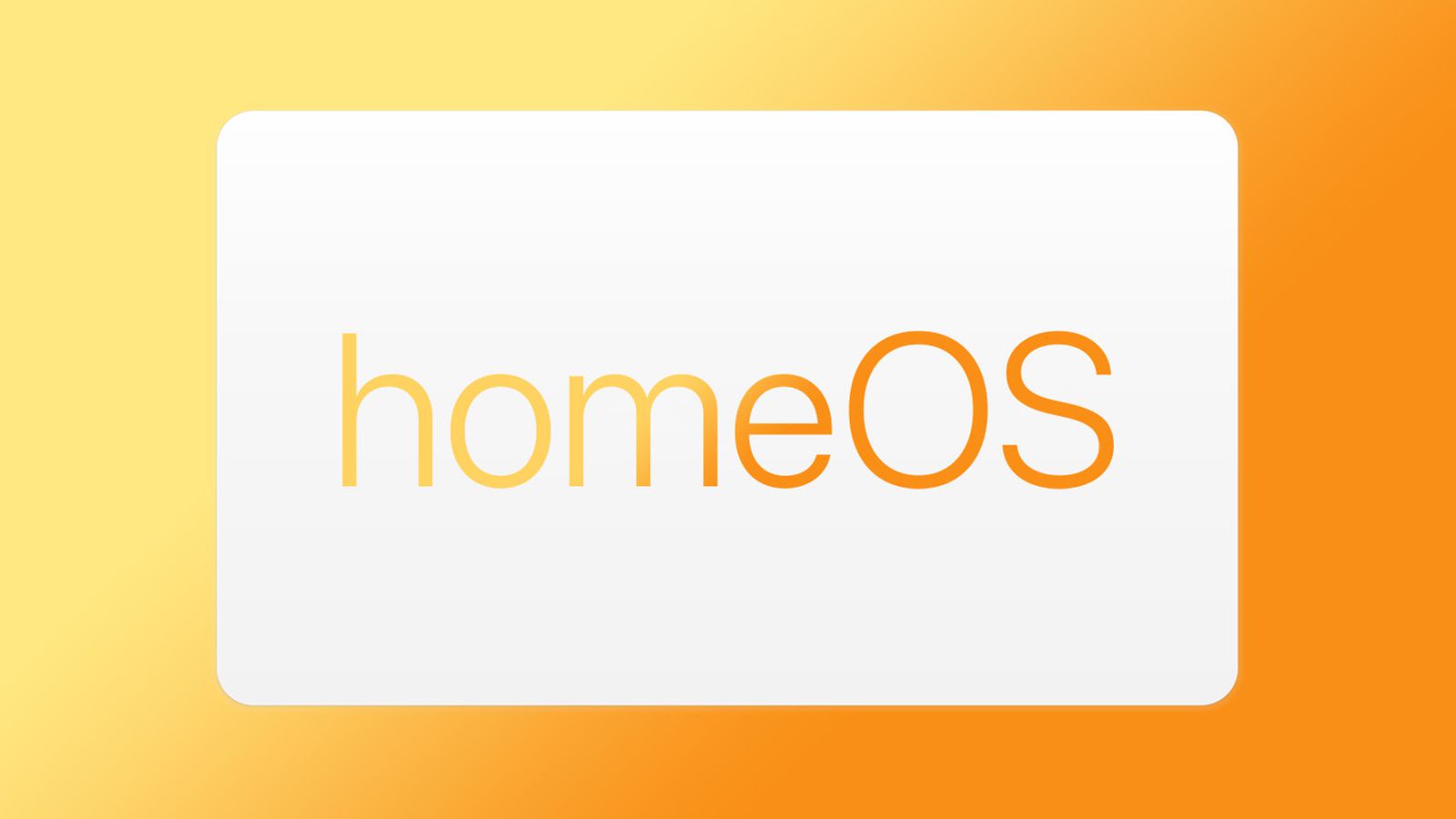






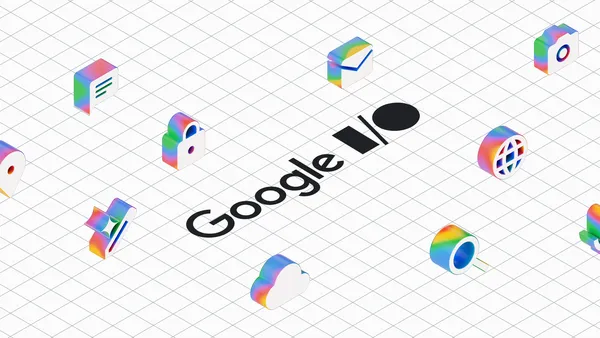
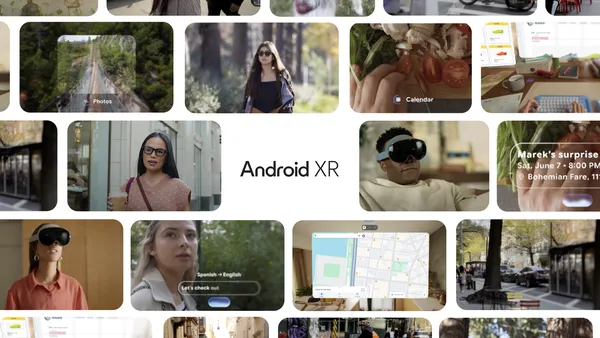












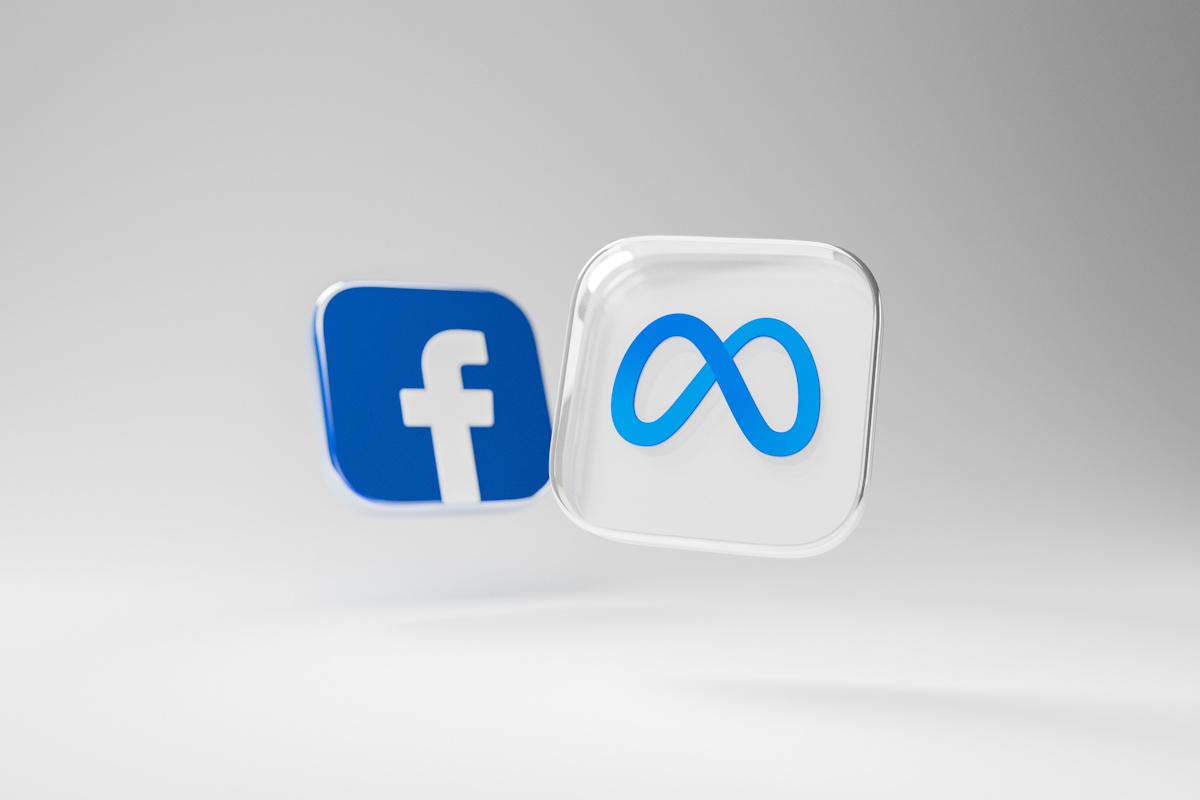

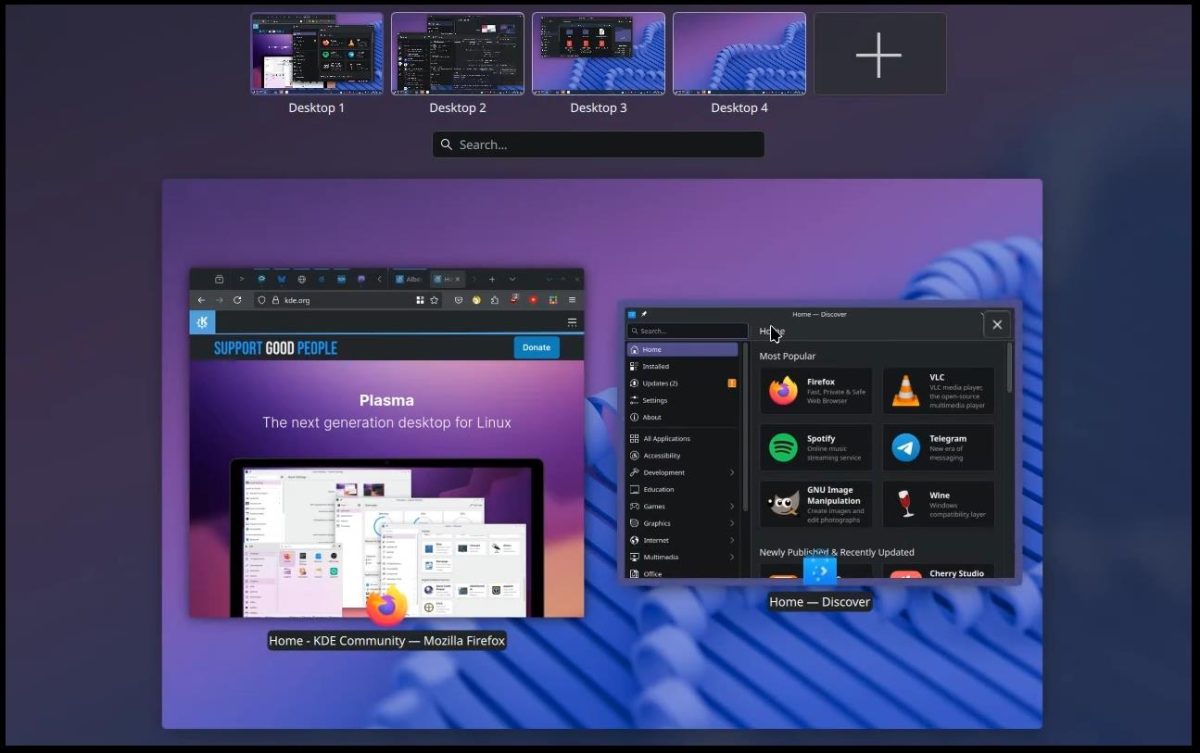




















![iOS 18 Adoption Reaches 82% [Chart]](https://www.iclarified.com/images/news/97512/97512/97512-640.jpg)
![Apple Shares Official Trailer for 'The Wild Ones' [Video]](https://www.iclarified.com/images/news/97515/97515/97515-1280.jpg)


















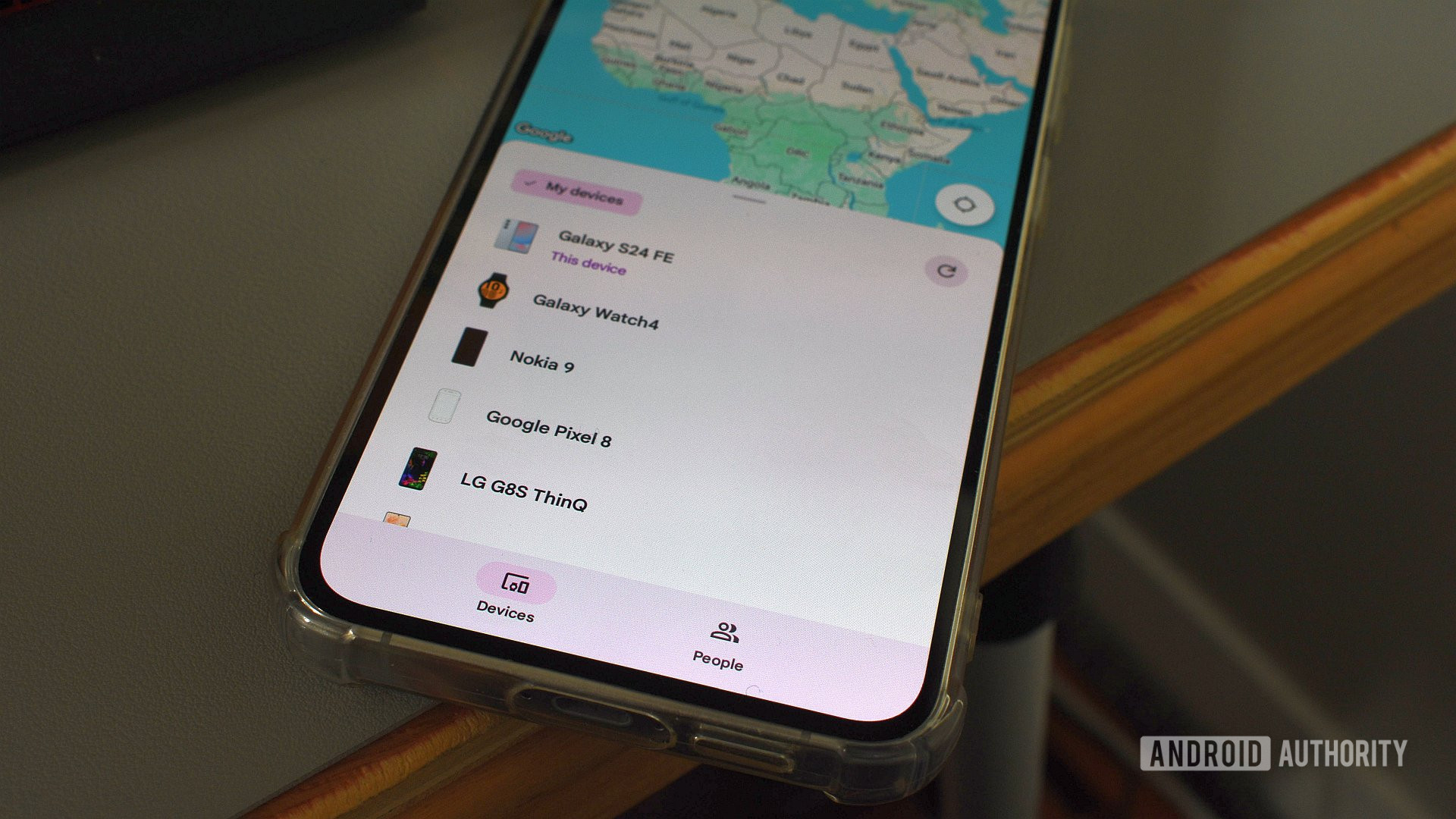

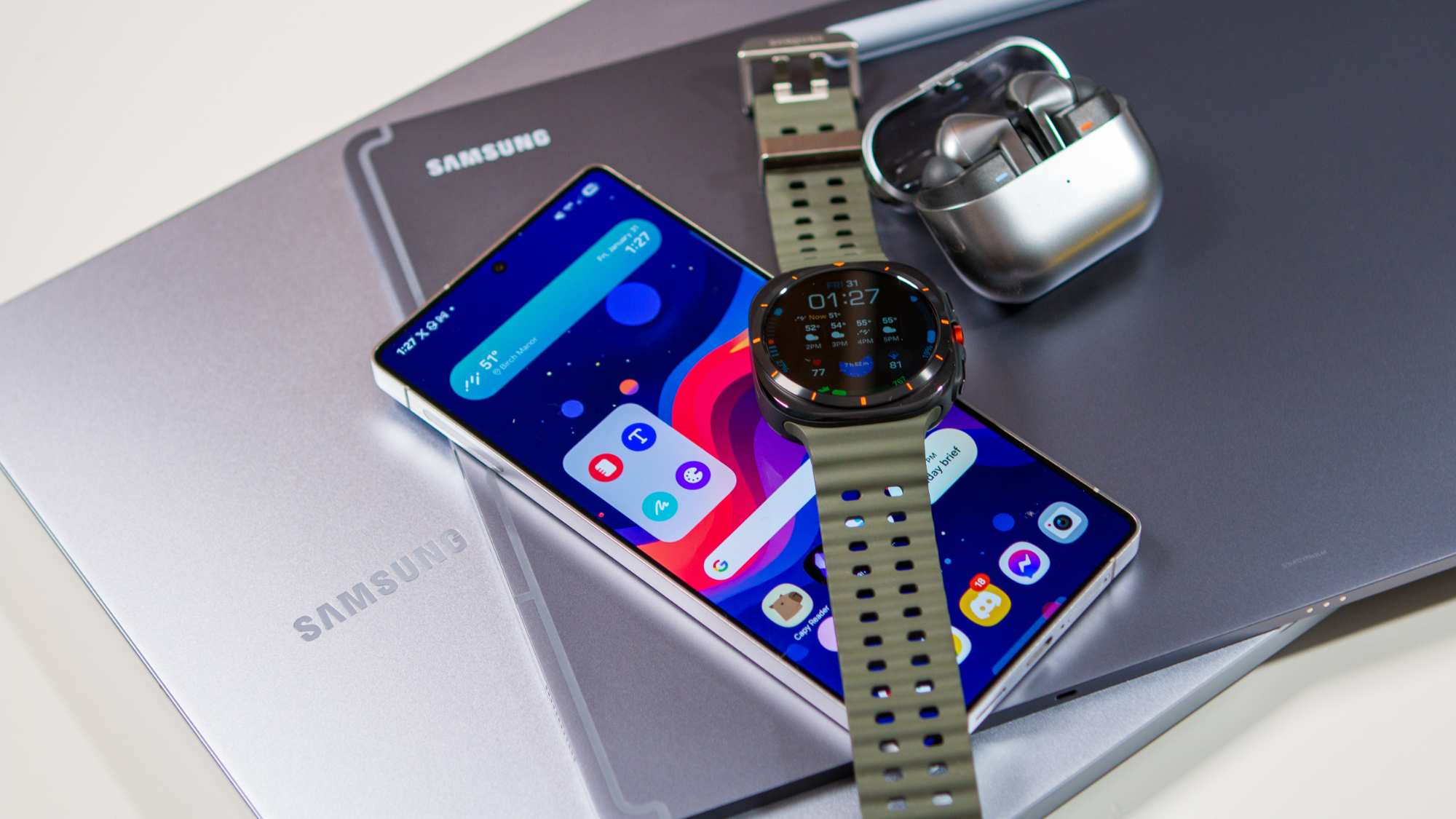

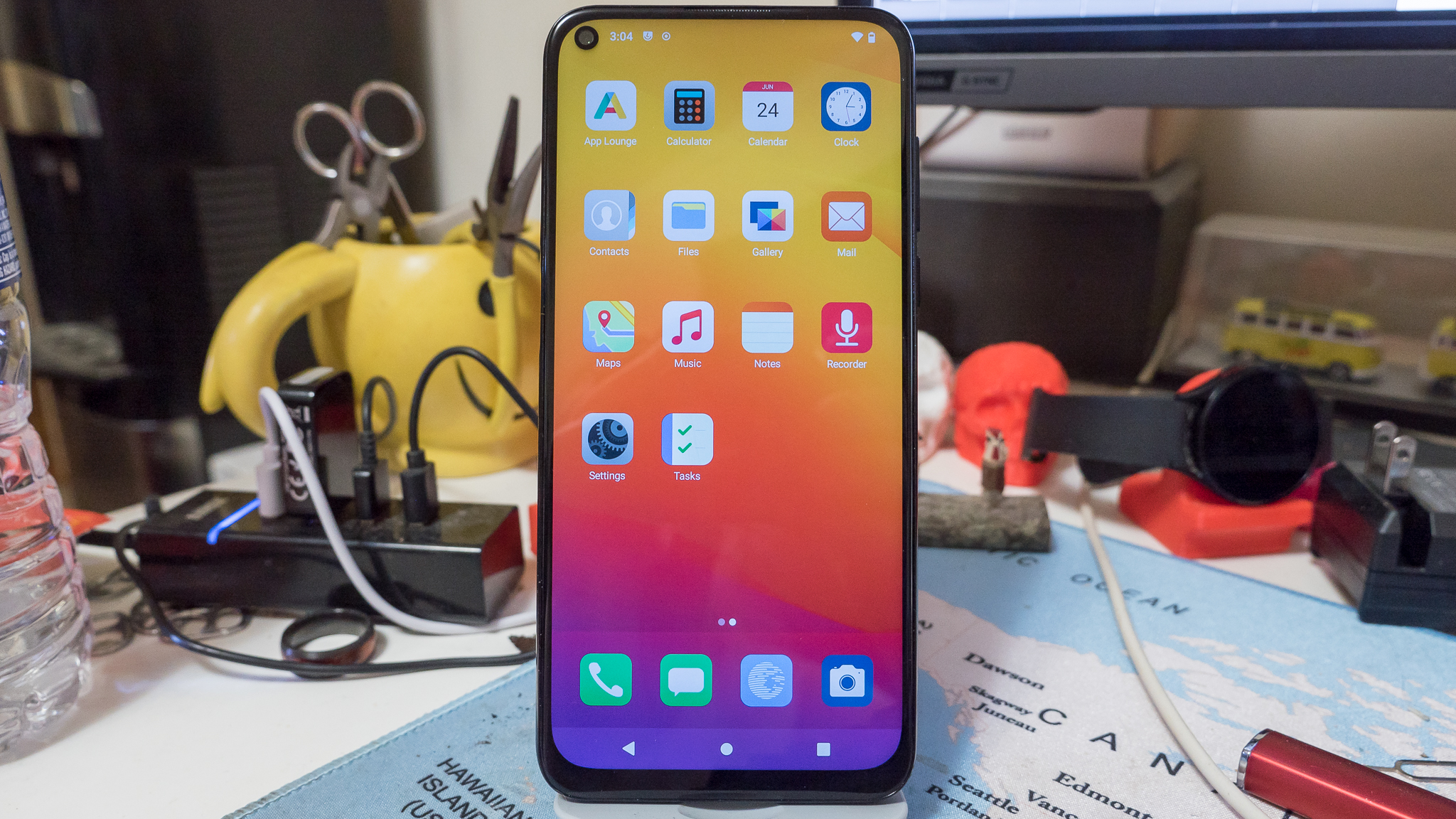

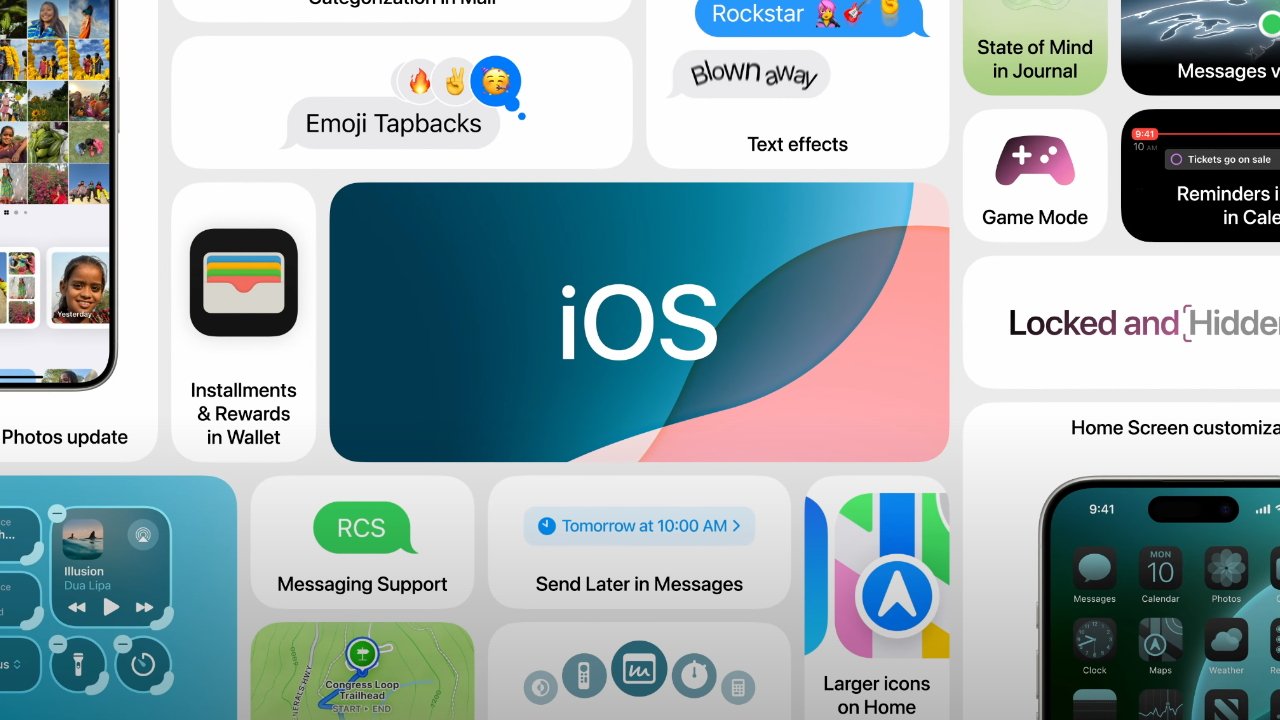
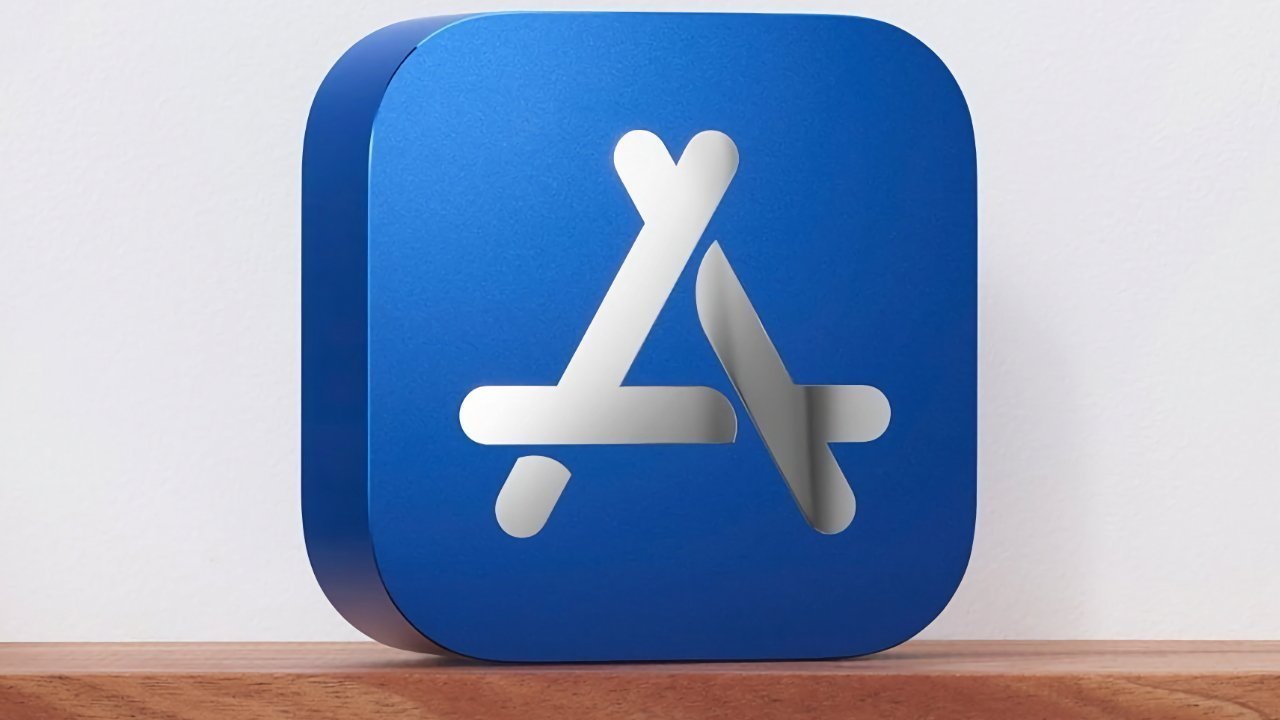



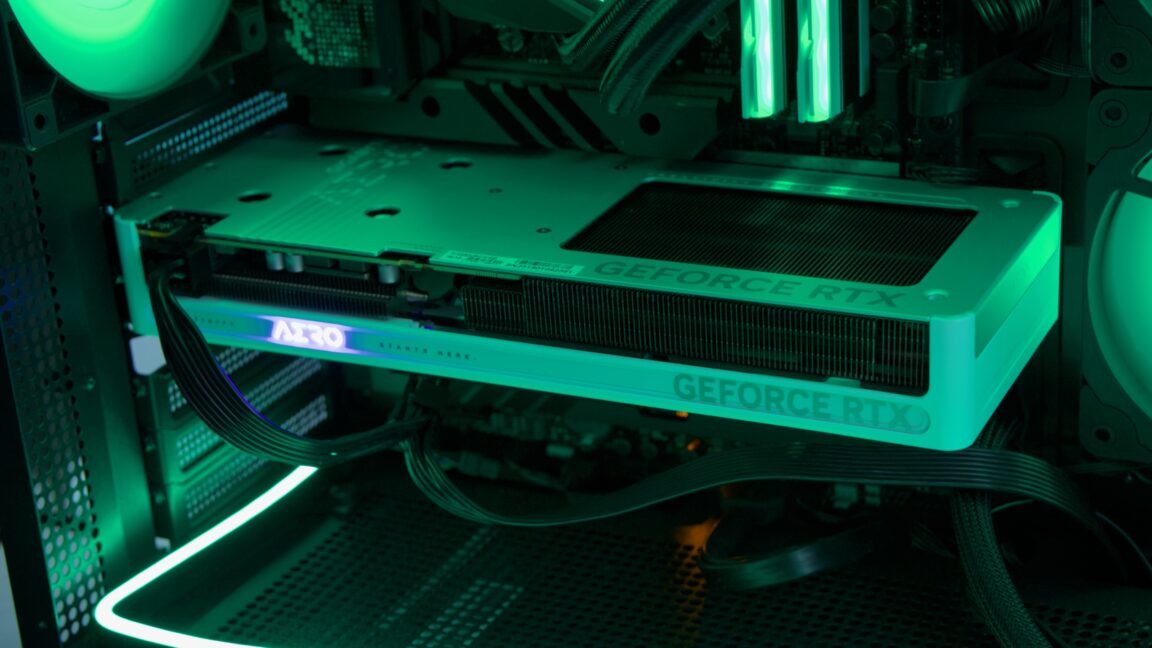
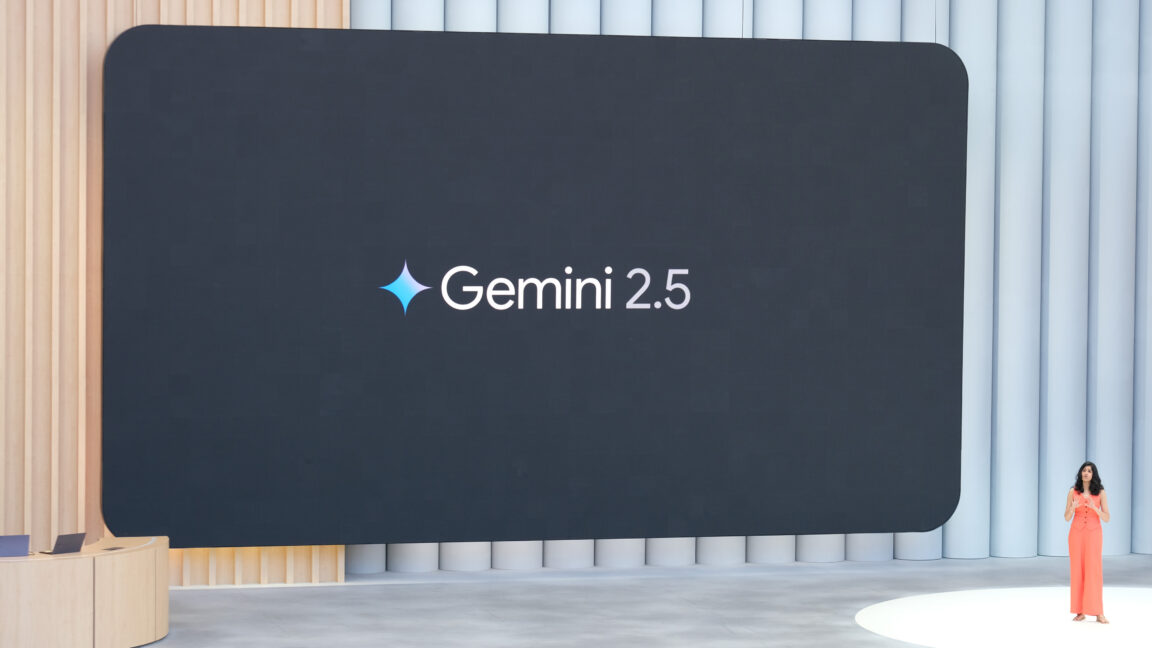




















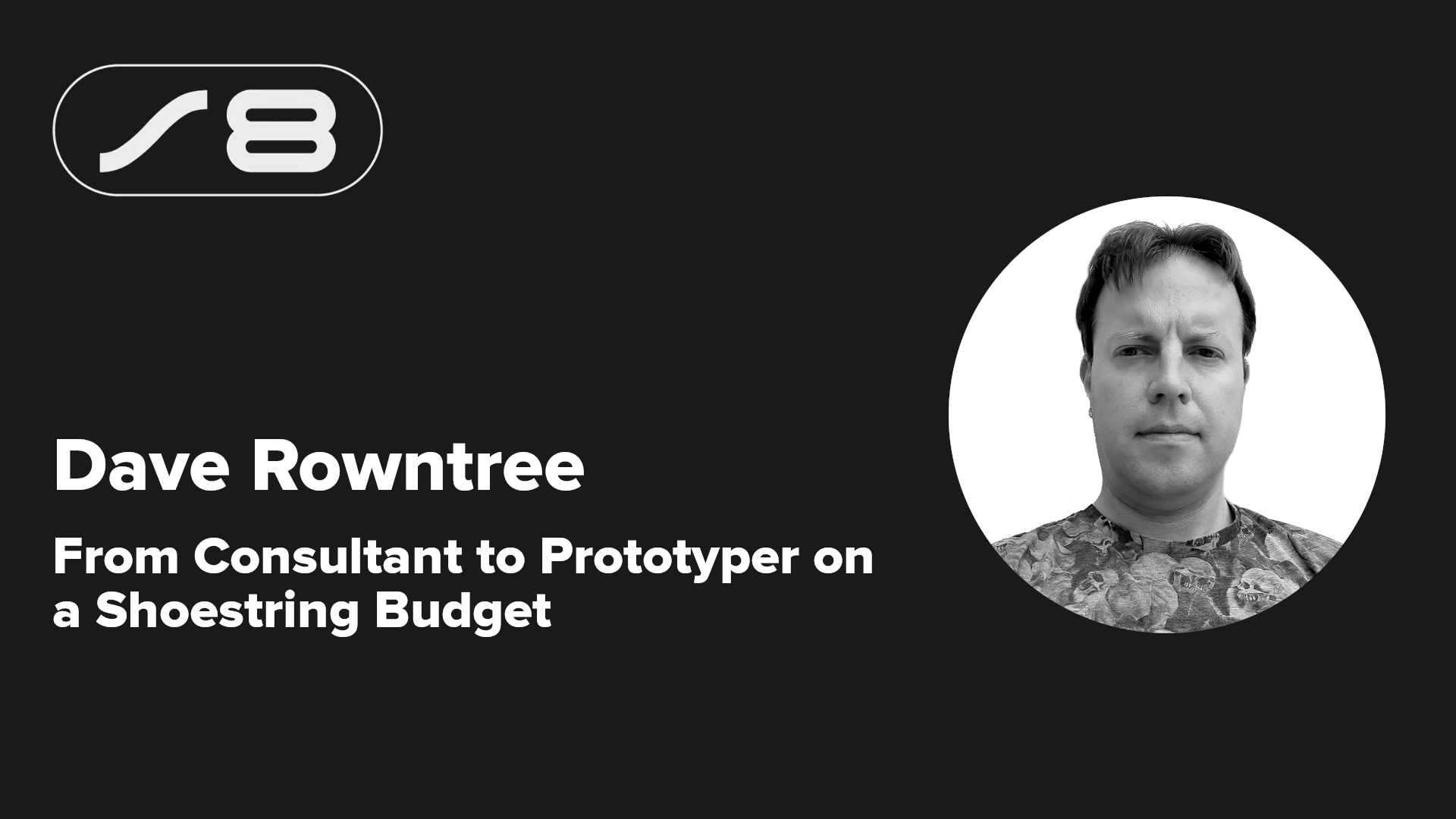
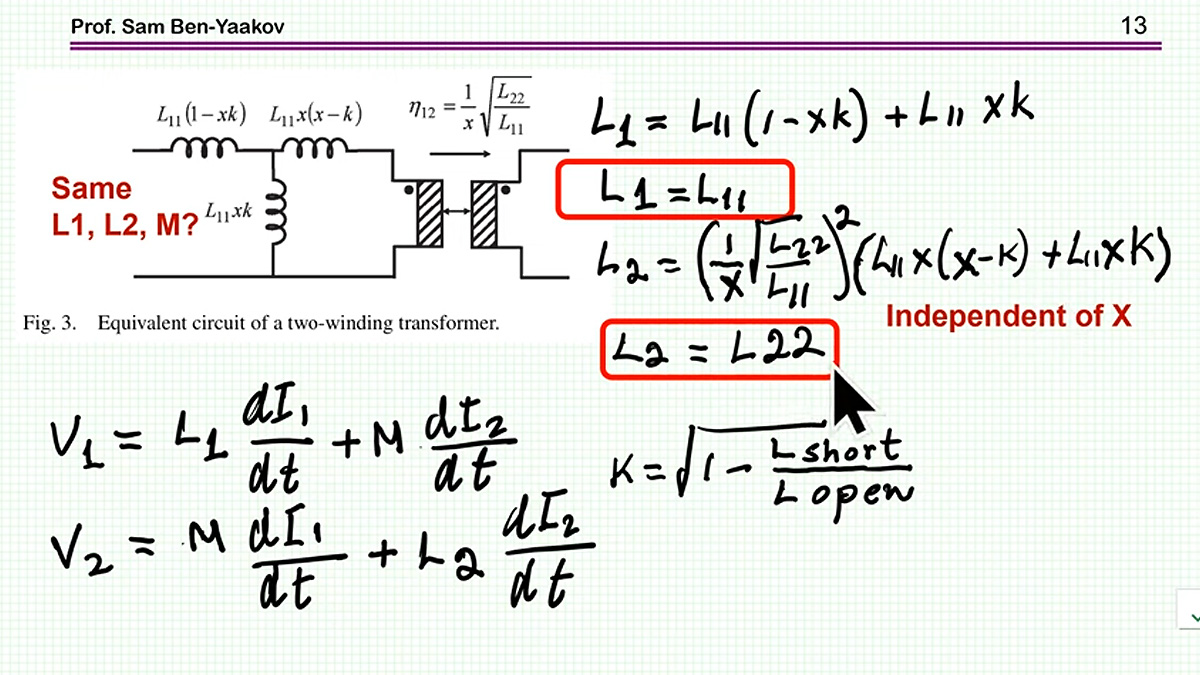














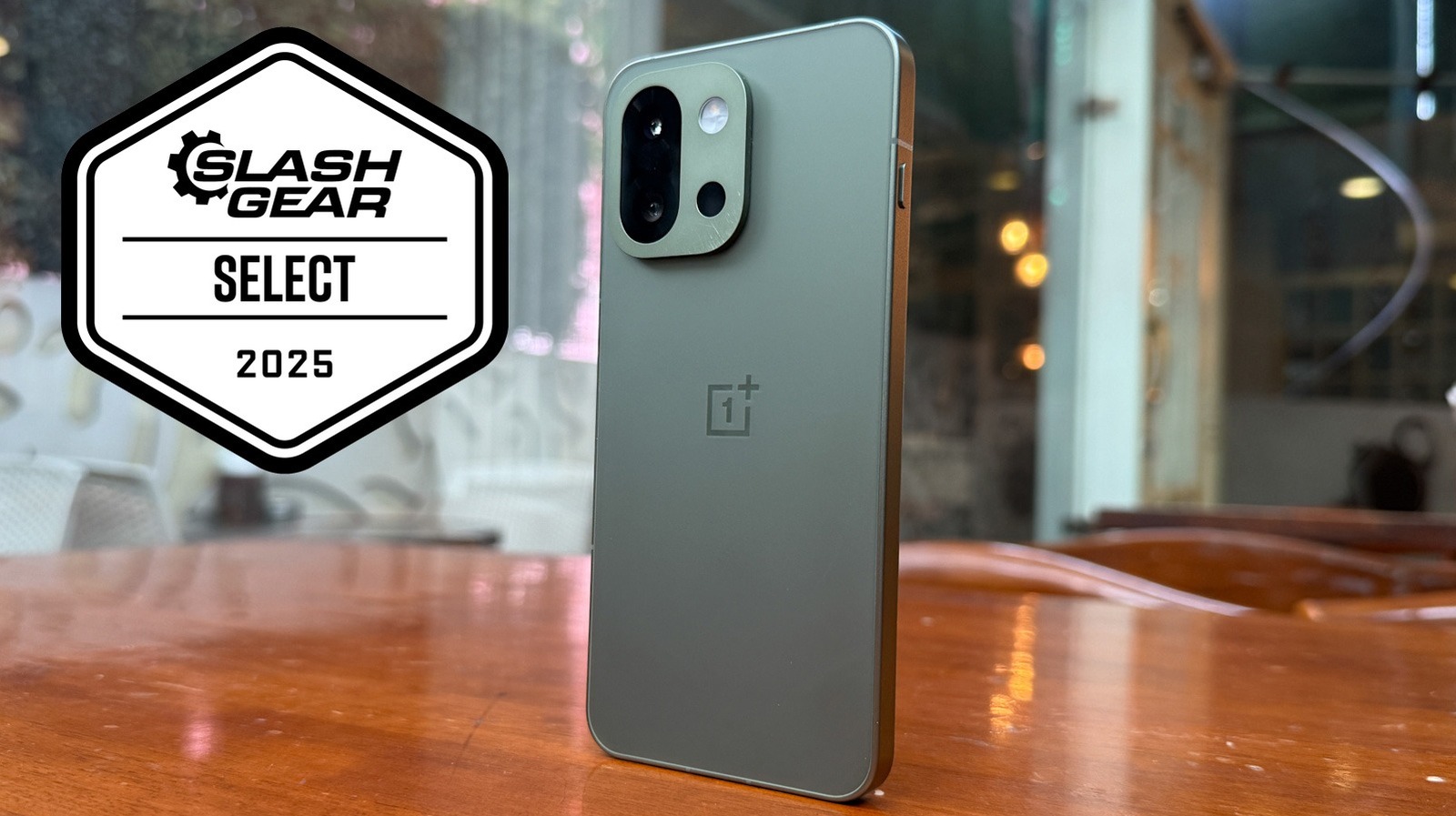






































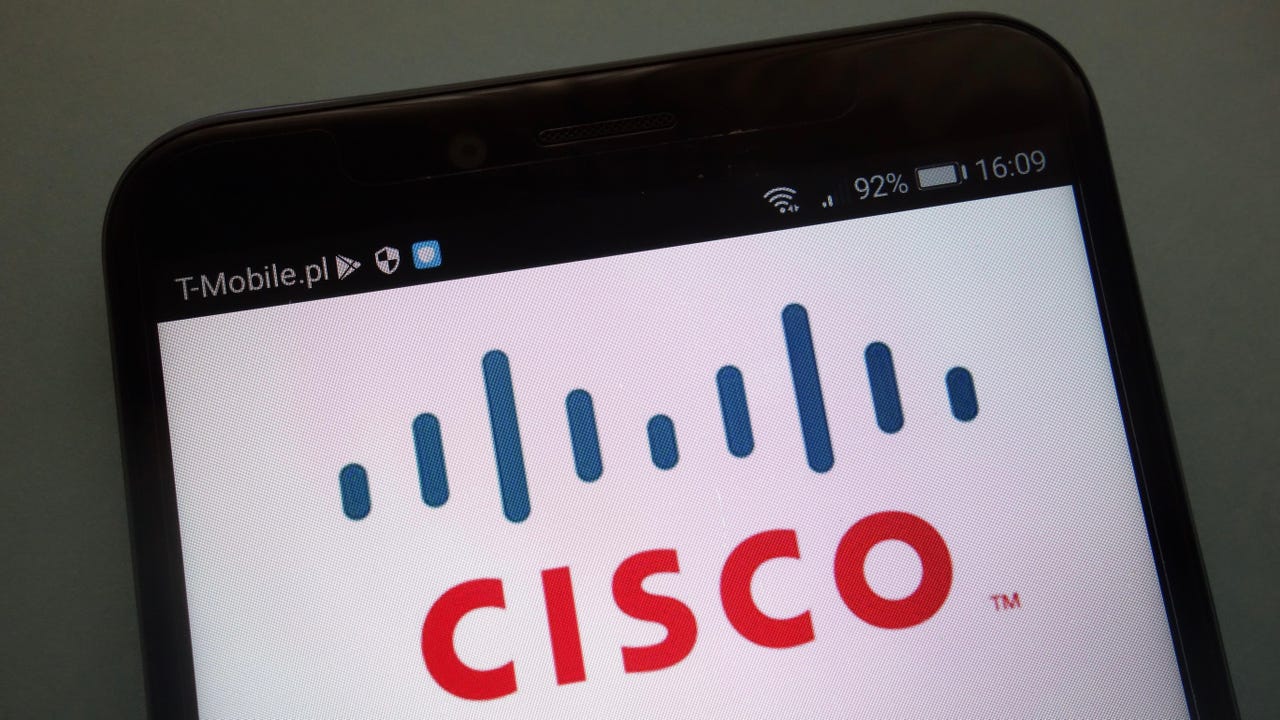































































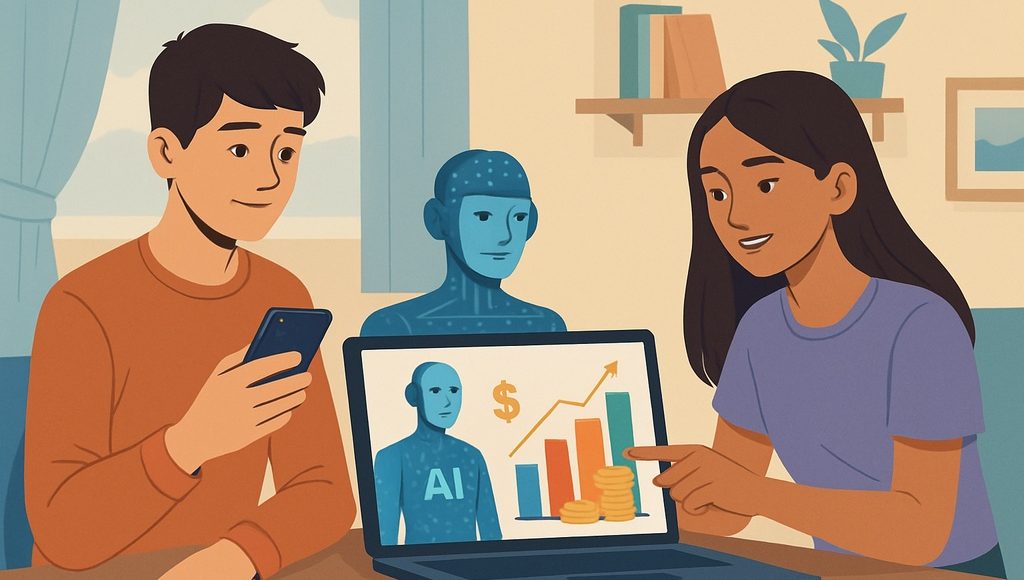
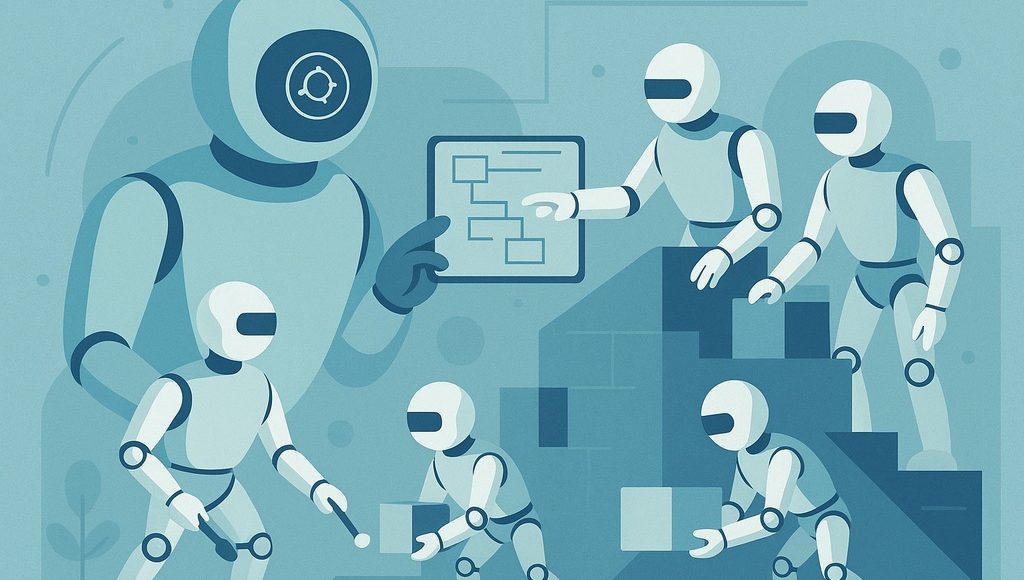


















































![[The AI Show Episode 151]: Anthropic CEO: AI Will Destroy 50% of Entry-Level Jobs, Veo 3’s Scary Lifelike Videos, Meta Aims to Fully Automate Ads & Perplexity’s Burning Cash](https://www.marketingaiinstitute.com/hubfs/ep%20151%20cover.png)






























































































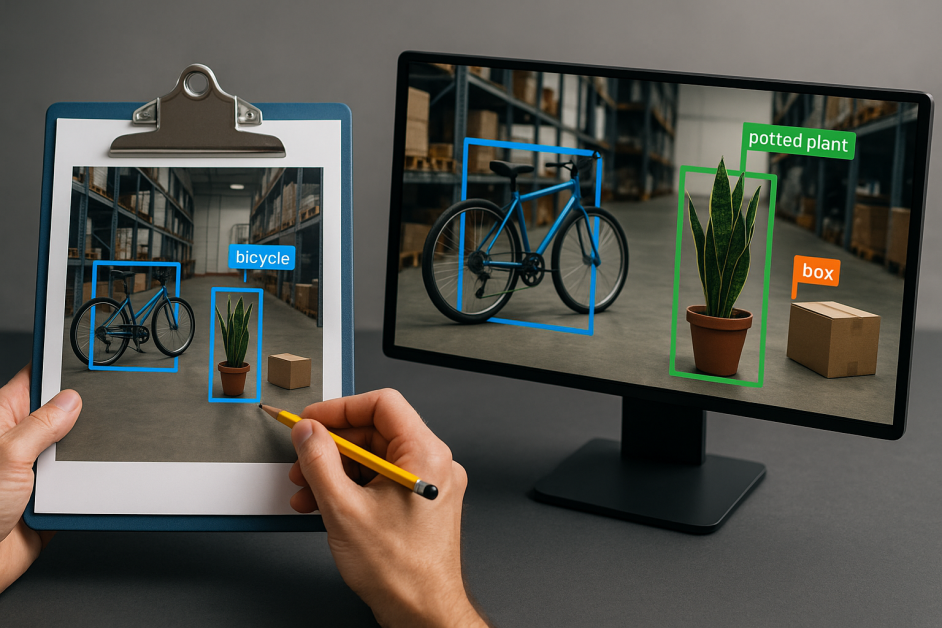
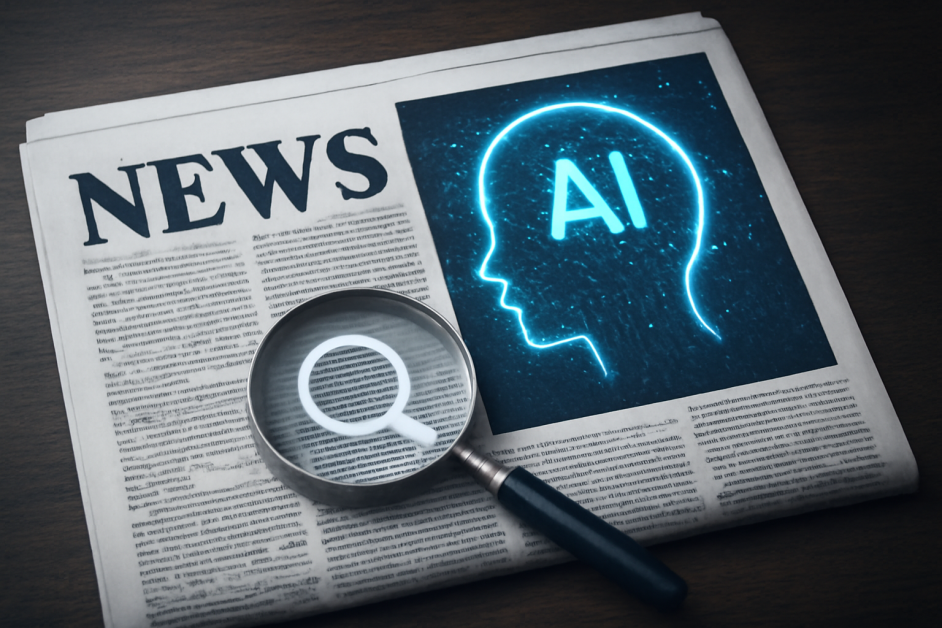















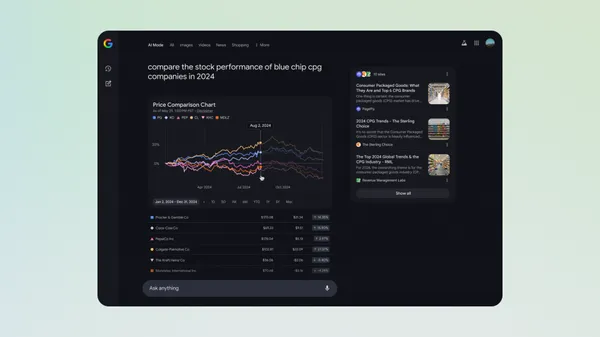




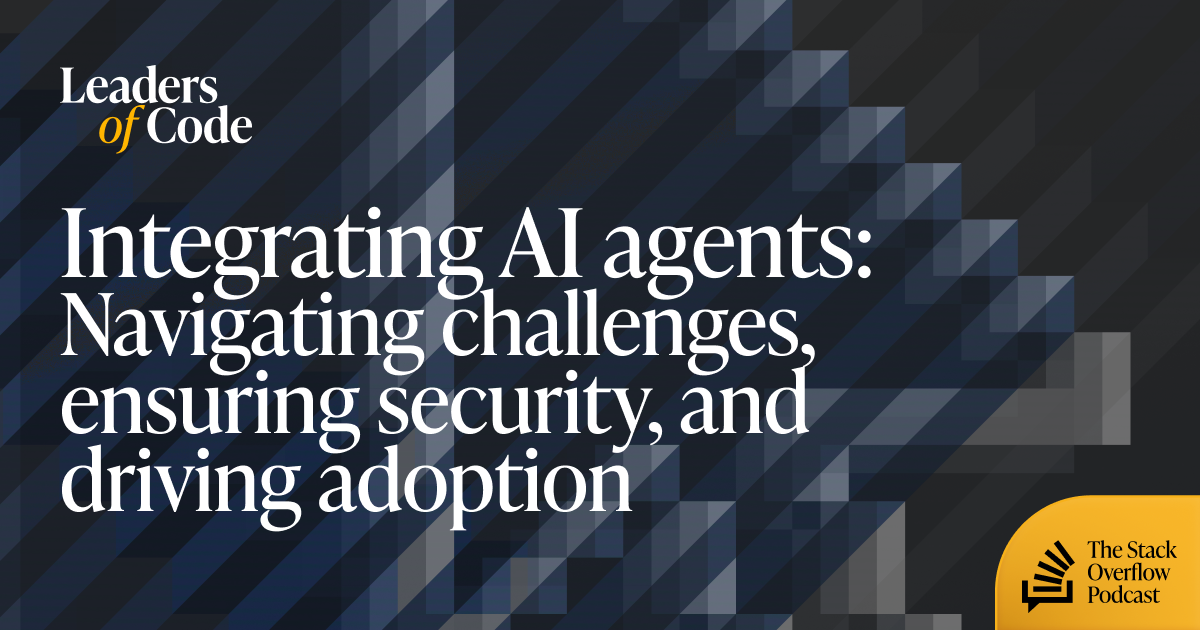




































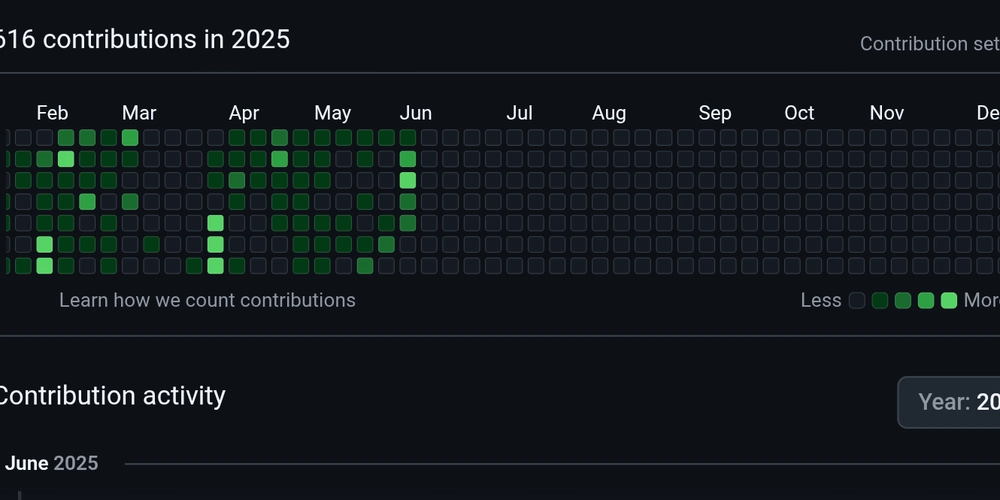
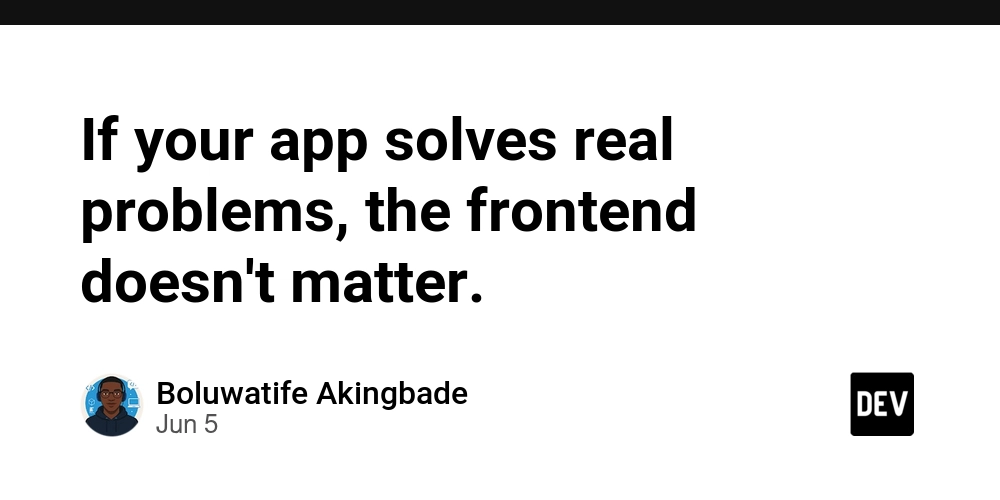







![[DEALS] FileJump 2TB Cloud Storage: Lifetime Subscription (85% off) & Other Deals Up To 98% Off – Offers End Soon!](https://www.javacodegeeks.com/wp-content/uploads/2012/12/jcg-logo.jpg)










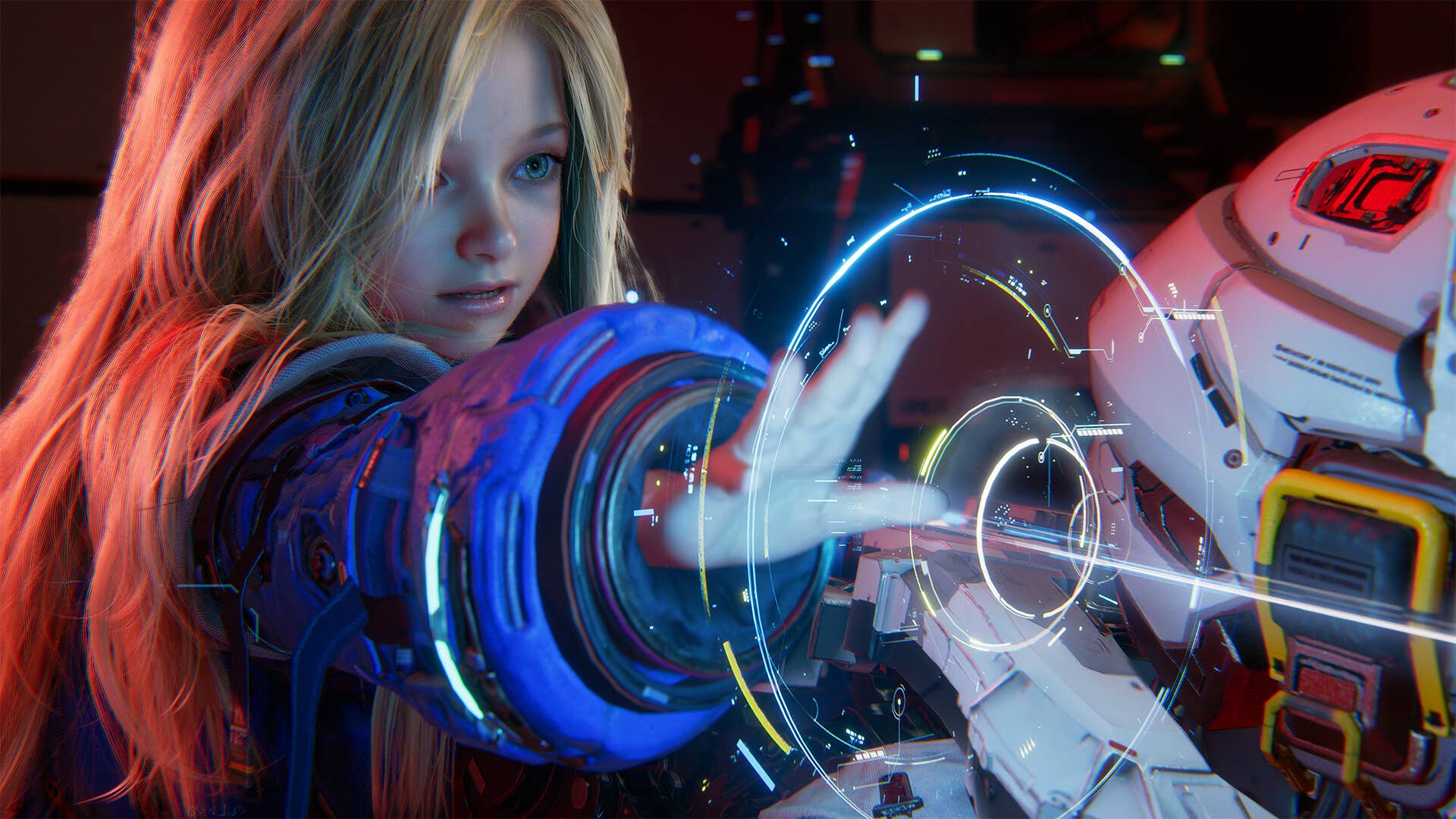









-0-8-screenshot.png?width=1920&height=1920&fit=bounds&quality=70&format=jpg&auto=webp#)
.jpg?width=1920&height=1920&fit=bounds&quality=70&format=jpg&auto=webp#)





















































